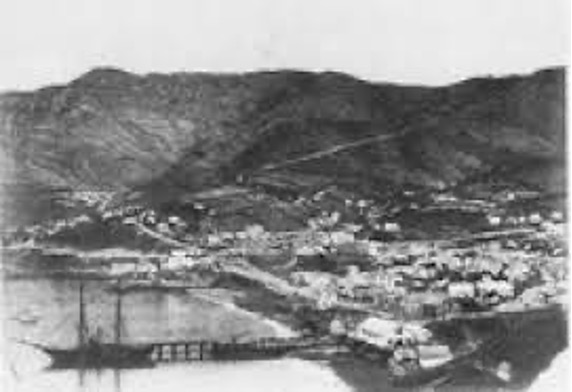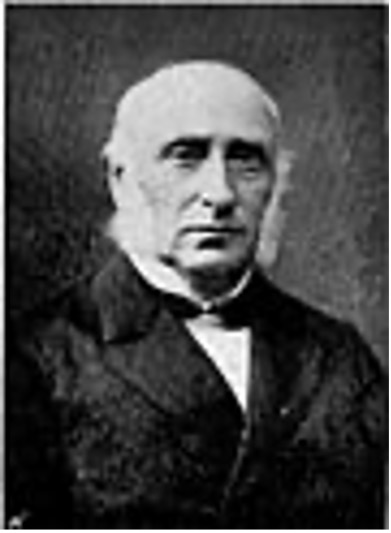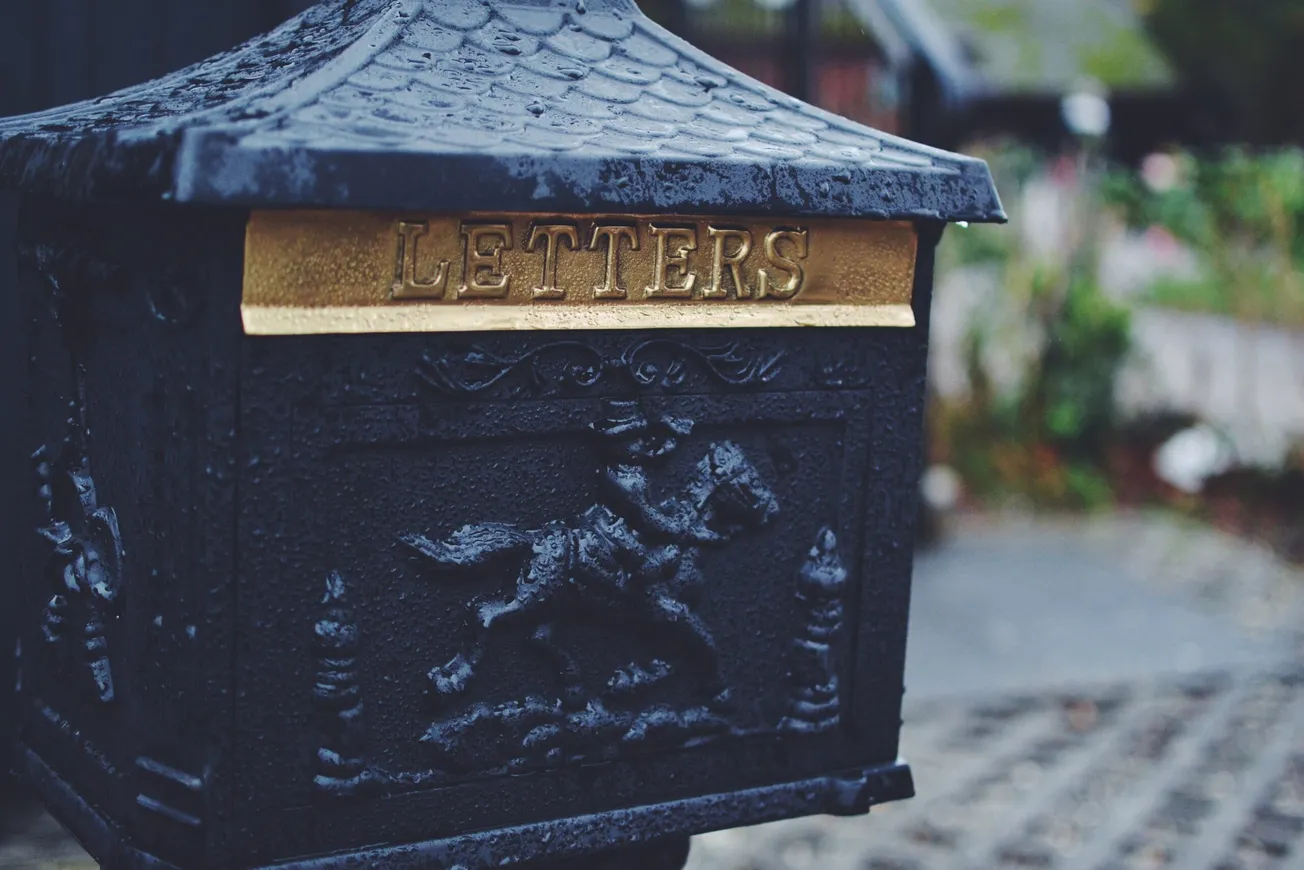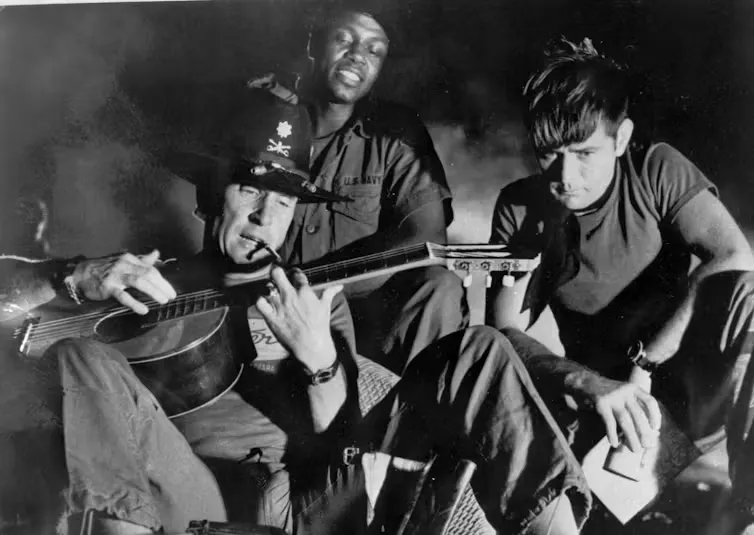Table of Contents
On July 23rd, the good ship Brothers’ Pride departed from London bound for New Zealand. On the 26th, it made its last port of call in England and the passengers waved goodbye to England as it left Gravesend.
Being a ship of 1,236 tonnes, it departed Gravesend with 371 souls on board and arrived in Lyttleton after recording 11 births, 1 marriage and 44 deaths. The cost of the passage was met by the Provincial Government and was 13 pounds and six shillings per emigrant. The voyage was rougher than expected and the souls on board endured a rough passage, finally dropping anchor in Lyttleton Harbour on the 10th December 1863. This was later than expected as it had become becalmed when crossing the line and then had to make an unscheduled stop at the Cape for medical and other necessities.
The reason for this became apparent when it arrived in Lyttleton on the 8th of December. Captain Sproul, the harbourmaster and pilot for Lyttleton made his way out to the Brothers’ Pride and was refused charge of the ship. The offer of the Pilot to place his boat and crew at the service of the ship to obtain fresh supplies for the sick children was also refused and the ship weighed anchor and disappeared.
It reappeared on the 10th December off Camp Bay and on orders from the Health Commissioner was commanded to raise the Yellow Jack. This was refused by the Master, Captain Glendinning, and the Brothers’ Pride finally dropped anchor in Lyttleton later that day

After much discussion and arguing, the view of the ship’s doctor prevailed and on the 10th December, the passengers were landed by the ship’s boats at the quarantine station where they stayed until the 24th December. (Coincidentally 14 days!).
Contact between the crew on board the ship and the shore was refused until the 24th and then the ship’s doctor, Fitzherbert Dermott revealed all. He commented that when the passengers were mustered in Gravesend, a 7-year-old boy was taken ill with scarlet fever. He was sent ashore and returned to his native Gloucestershire, where it transpired that he passed away 3 days later. They were but a few days out when scarlet fever rampaged through the children on board, and with one sad exception, all recovered.
As the ship progressed and moved through latitude 30N, in the doctor’s own words “Typhus fever of a very fatal character prevailed”. Almost all of the cases were reported to be among the passengers from the Forest of Dean, in Gloucestershire. By the time the ship crossed latitude 12S the fever had reached appalling levels and the weather was sultry and oppressive, with calm winds hindering progress. Eventually, a light wind sprung up and they began to make their way south. The light wind seemed to improve the passengers’ spirits, but most medical supplies and comforts were nearly exhausted. The doctor and captain decided to put into the Cape Town to obtain supplies of fresh meat, vegetables, and other necessities such as medicine and medical comforts especially wine and brandy.
Cape Town was reached on the 84th day from London and they had lost 14 passengers, 4 adults and 10 children. Most of the passengers went ashore and they spent three days recovering and relaxing.
On the 4th day out from Cape Town, a 13-year-old boy became infected with scarlet fever and died. The disease spread rapidly and whole families became infected. The disease struck healthy children who died within a few hours. Typhus also returned and these conditions prevailed until the ship reached Lyttleton. The doctor was of the firm opinion that the ship should be quarantined on arrival.
The voyage had taken 138 days and 44 lives were lost during the journey. The ship and passengers entered quarantine and eventually they were released and went their way into the new country. There the story would have ended except for one thing.
30 years later, the passengers held a reunion on the 15th December 1893 and it was attended by 200 passengers and their families. They took a trip on the ss John Anderson and took a picnic at Diamond Harbour. The morning was dull and threatening, but the day eventually became beautifully fine.
For many of the passengers, it was the first time that they had returned to Lyttleton since arriving in New Zealand, and many of them had not met each other since they dispersed and went their own way after release from quarantine.
After dinner, a few addresses were given and a Mr Whitelaw, a carpenter who hailed from Lanarkshire spoke to the gathering. He said that it was thirty years since he had previously stood where he was now standing. He related how on that occasion, he had sneaked away from the quarantine camp and had breakfast at the little hut near the Diamond Harbour jetty where they had first landed. Whilst there he met the owner of the station who welcomed him. After a while, the owner whispered in his ear that he was a Justice of the Peace and should arrest him for breaking quarantine.
However, he complained that a number of carpenters who were due to work for him had not arrived from Lyttleton. The plot developed and he entered into a compact with the owner. Mr Whitelaw agreed to sneak away from the quarantine station and unknown to the authorities, he would carry out work for the JP. He was plied with strawberries and cream and other good things in life in return for his labours and generally spent good times as he worked there. The only rule was that he must not enter the house as his employer’s wife was afraid of the fever, so he took his dinner in the garden.
He summed up by congratulating the passengers on the Brothers’ Pride for becoming good citizens and contributing to the development of their new home.
There is a personal note to this tale as my great, great, great uncle, his wife and two children were passengers on the Brothers’ Pride. They had to endure so much that it is hard to believe what people went through to find a new life.

The Prime Minister at the time was Sir Frederick Whitaker, who served a second term in 1882. He was also the first Attorney General of New Zealand. He was a sterner looking character than the current NZ premier and would have wanted the quarantine to be rigorously observed to protect the inhabitants of the colony. I wonder if this is where her advisors got their ideas on quarantine and lockdown? Some things never seem to change.
There are two footnotes to this tale. The ill-fated ship, the Brothers Pride fell under the command of Captain William H. Tower, and he was later charged with feloniously scuttling the barque on the 7th day of May 1879. (This took place in the Gulf Stream off the coast of Florida, but as they say, that is a whole new story).
When he heard of how well he had settled, my great great great uncle’s brother followed him to New Zealand and made a home in Timaru. Unfortunately, in 1898 he lost his life in an accident in New Zealand. In true Southern man style, he attempted a crossing on horseback of the Rangitata River, which was running high, slipped off the horse, suffered a kick in the head and drowned.
Please share this article so that others can discover The BFD









